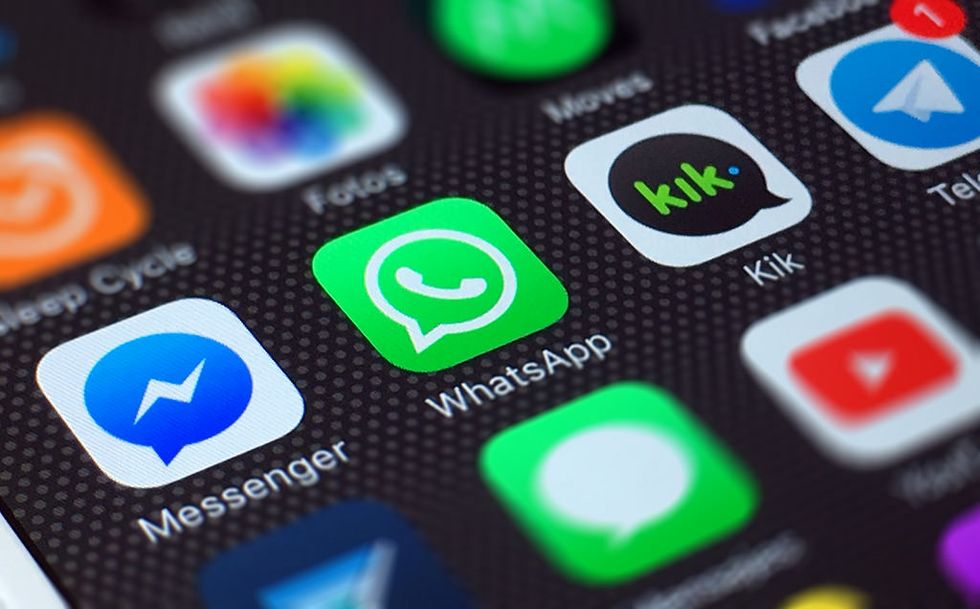It's not a new idea that our generation is obsessed with our phones and keeping up with the now. That being said, it is also shaping our brains into expecting immediate responses and immediate results, neither of which are plausible.
This obsession with immediate results causes us to give up too quickly when we fail. It also causes us to not try as hard for something we really want. If it requires more work than what it seems it is worth, our generation is more likely to abandon the idea as a whole.
These traits can be observed in an educational setting, where more and more parents are emailing teachers demanding to raise their child's grade. The student could simply study harder and earn the grade they want, but instead, they take the easy way out of letting their parents handle it.
Studying is one of the many things that people who need instant gratification will struggle with. Absorbing information is not immediate, it takes time and effort; neither of which people are going to have for much longer.
Instant gratification is affecting our ability to learn as well.
Most of us are unable to focus on one thing at a time, meaning it is hard to go a whole class period without checking our phones. For elementary students, who probably don't have phones, this will lead to the inability to maintain focus on their teacher.
Whether the students cause the distractions or are simply daydreaming, they're not paying attention and their learning suffers. This also instills in them while they are young that if they want something, they get it; which will obviously cause problems as they grow older.
Instant gratification morphs needs and wants until we can no longer tell the difference between the two. This could also be part of the reason fewer teenagers are holding jobs. They may want those jeans, but they are not willing to put in the work of having a job to get the jeans. Instead, they will just ask their parents for them and will most likely receive them.
We are obsessed with the rush we get when our phones ding, a surge of dopamine knowing that we are wanted. The feeling to immediately respond and expect an immediate response back. When one of these two things doesn't happen, or even both, it creates extreme anxiety in some people.
Thoughts go into overdrive: are they mad at me? What did I do wrong? Maybe they're just busy? While the latter is most likely the case, the fact that we expect instant responses is the root of the cause of this anxiety.
Instant gratification applies to other aspects of life too, basically anything that requires a set amount of attention and work put into it.
Golf is a sport that requires intense concentration, practice and a large time commitment. Nike is a large athletic company that used to produce golf apparel and equipment. They will be discontinuing their line of golf equipment within the near future, claiming that it is not as profitable as they would like it to be.
This could easily be because younger people do not have the patience nor the drive to commit to golf. Only 29% of Millennials participate in golf, compared to the 75% of Baby Boomers and Gen X'ers. I am clearly aware that people generally take up golf in the later years of life, but the difference in percentage is still baffling.
More important than the golf industry is children's education, which will continue to suffer, especially with the growth of technology. Not to sound like a thirty-year-old mom or anything, but limiting children's' screen time will help their ability to learn in the classroom.



















